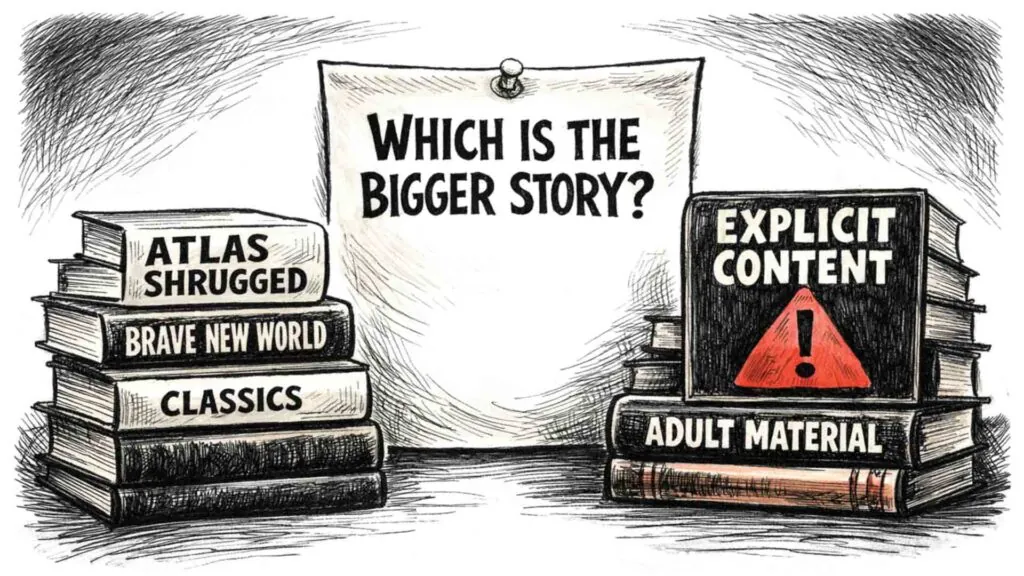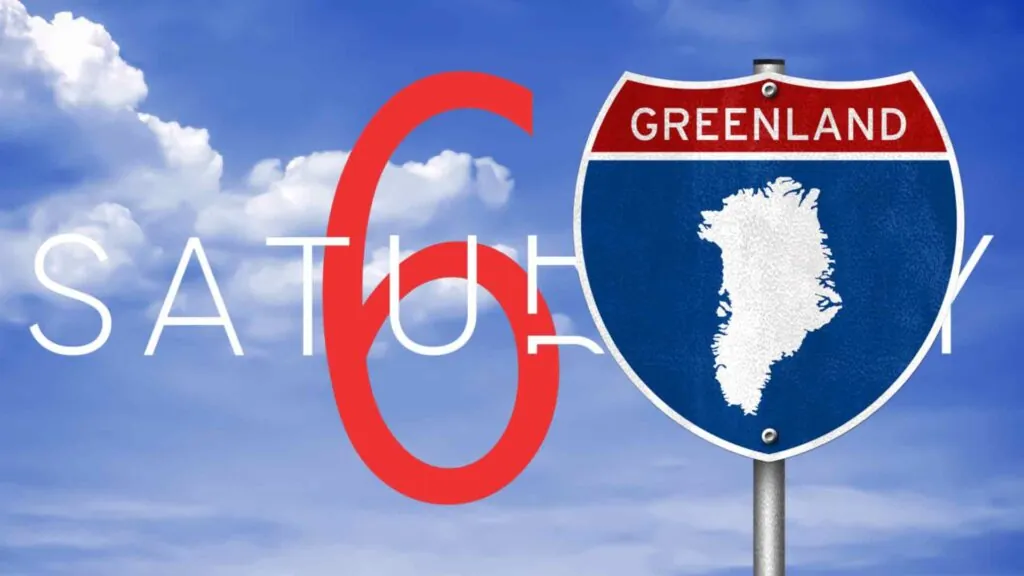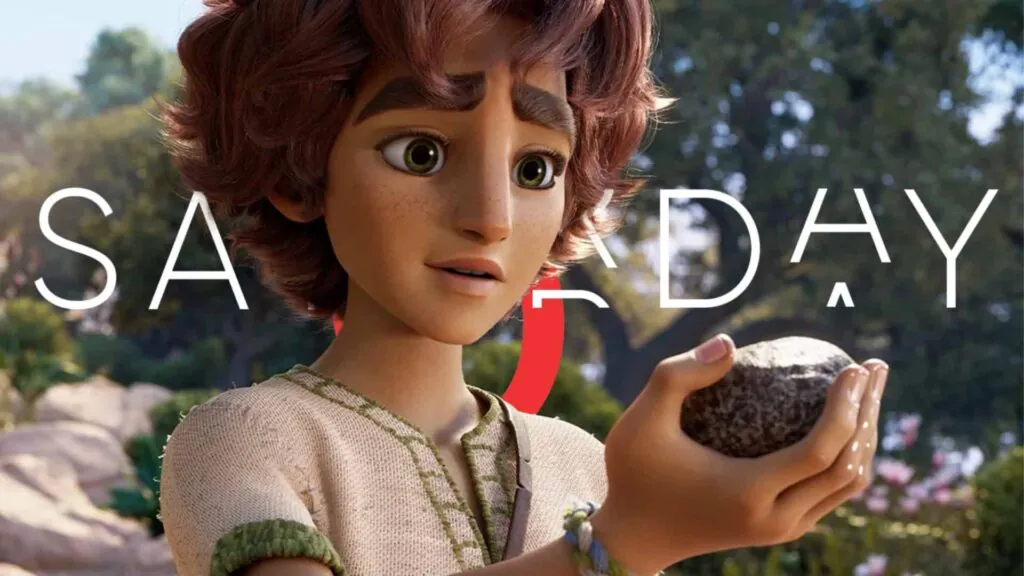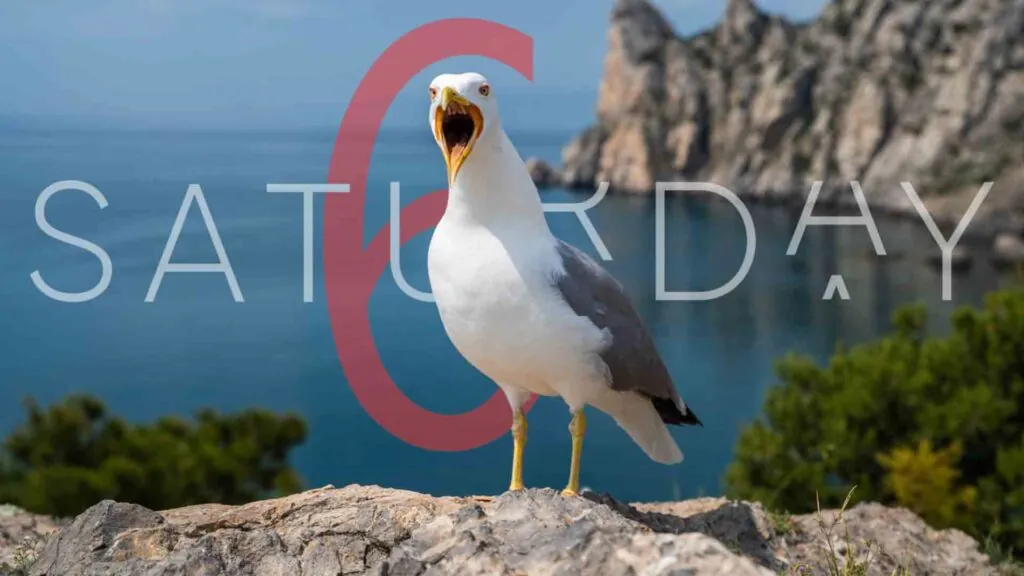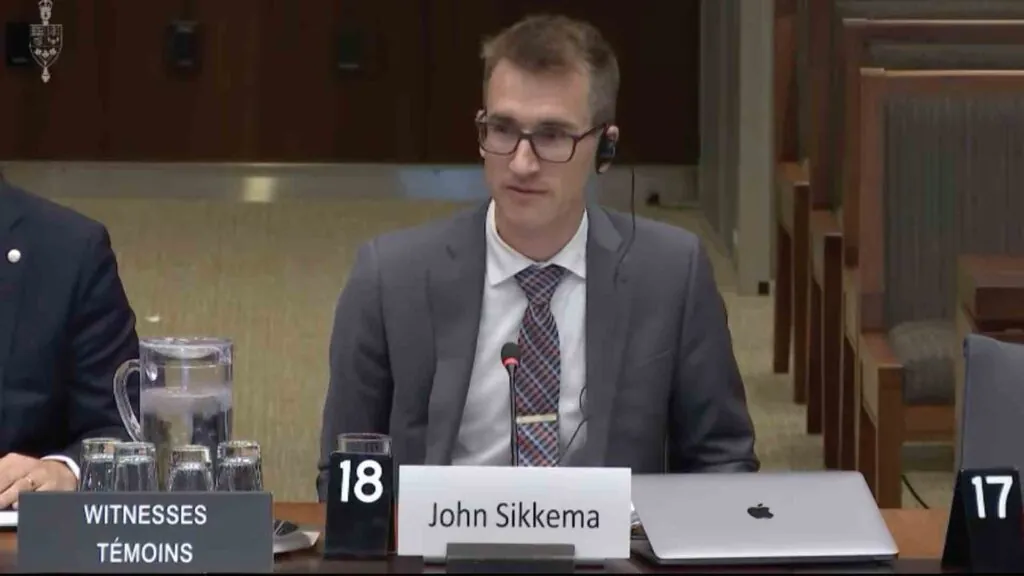
News, Pro-life - Euthanasia
No jail for man who admits to killing his partner
“An Ottawa man who pleaded guilty to manslaughter in the death of his ailing husband has been sentenced to two years less a day of house arrest for an act the judge called ‘in every respect an assisted-suicide mercy killing.’”
So began a news story from the CBC, which went on to explain that Philippe Hébert, 74, killed Richard Rutherford, 87, on April 15, 2022. Rutherford was struggling with health challenges and a recent cancer diagnosis, and Hébert was tired and stressed by Rutherford’s condition, compounded by fears that Rutherford would be isolated due to Covid restrictions.
At the sentencing hearing on February 17, Justice Kevin Phillips explained the light sentence by noting that Rutherford wanted to die.
“Phillips said despite the killing being ‘close to murder,’ Hébert was honouring the ‘last wish’ of his husband and friend. Rutherford had the mental capacity to make that decision, and given his medical condition it was understandable, the judge said.”
The CBC story, and others like it, painted a picture of how Hébert was a model citizen and was surrounded by supporters in the court room.
In law, as in journalism, words matter a great deal. In this case, the reader is led to feel understanding, and perhaps even gratitude, for Hébert’s willingness to honor the “last wish” of his partner.
But if we avoid the euphemisms and speak the plain truth, a very different picture emerges. According to the National Post, Hébert woke up to find that his homosexual partner Rutherford was crying. Hébert claims that Rutherford couldn’t go on living and wanted him to help him end his life. In response Hébert promised he would end his own life after killing Rutherford. According to Hébert ‘s testimony, he used an incontinence pad to suffocate Rutherford, then attempted to end his own life, and called 911 for help. As a result, Rutherford is dead and Hébert gets to carry on living at home, without the burden of Rutherford’s care.
Of course, with Mr. Rutherford now dead, we have no idea whether he actually asked to be killed.
Decisions and media coverage like this only further erode the sanctity of life. When Canadian law treats murder as medicine, then how can society be all that critical of someone who takes it upon himself to deliver that “treatment”? When killing-is-caring is logically extended, what protection does it give to others who are vulnerable and may be seen as a burden to their caregivers?
There is only one line that can be drawn here: that no one should murder another (Gen. 9:6) because our lives are not our own, but entrusted to us by our Maker. That will be too Christian for many, but then we can challenge them to offer any other standard that can hold scrutiny. What other line can they propose that won’t be struck down as by a court because it unfairly limits others? If it is compassionate to murder someone suffering from cancer, why isn’t it compassionate to offer the same “treatment” to someone suffering from depression? By what standard – once God’s law is abandoned – can any one be denied this inexpensive, immediate, and sure cure for suffering?









